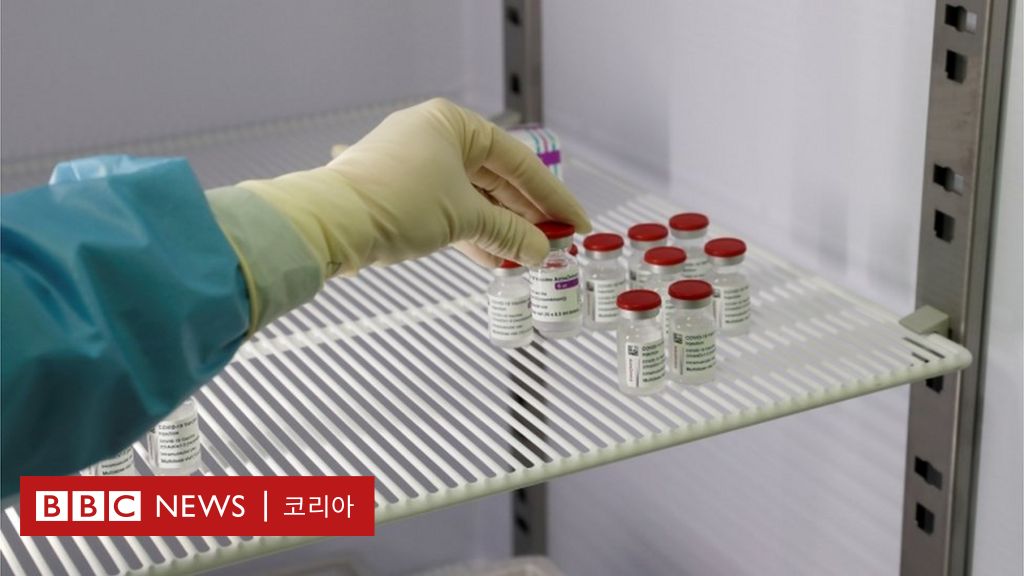
Photo Source, Reuters
The Italian government has banned the export of the Oxford-AstraZeneca vaccine to Australia.
This resulted in 250,000 doses (one dose) of vaccine produced at the AstraZeneca plant in Italy being tied.
Earlier, the European Union introduced regulations that give Member States the authority to regulate the export of vaccines produced in Europe if vaccine manufacturers cannot meet their supply of vaccines in Europe. Italy was the first to use this regulation.
Australia said losing “one shipment” would not have a major impact on vaccination plans.
The European Commission is said to have supported Italy’s actions.
AstraZeneca has so far delivered only 40% of the volume it has agreed to provide by March this year with EU member states. AstraZeneca said it was because of a disruption in the production line.
In January, then Italian Prime Minister Giuseppe Conte accused AstraZeneca and Pfizer of violating the contract, saying that it was “unacceptable” over delays in supplying the vaccine.
The European Union has been criticized for its slow vaccination progress.
Following the EU’s vaccination plan set up in June last year, the EU negotiated to purchase vaccines on behalf of member states.
So far, neither the European Union nor AstraZeneca have issued an official position on the Italian action.
Australia began vaccinating the Pfizer-Bioentech vaccine last week. From the 5th, the AstraZeneca vaccine was scheduled to begin.
Photo Source, EPA
Australia started vaccination with the Pfizer vaccine last week
Italy’s position
The Italian government last week announced its intention to ban exports to the European Commission.
The Italian Ministry of Foreign Affairs said in a statement released on the 4th that it had received a request for export approval on the 24th of last month.
The Ministry of Foreign Affairs said it had approved the request for approval in the past because it was for a small number of research samples, but said it had rejected the request for large quantities of more than 250,000 doses.
Italy explained that Australia is not a “vulnerable” country as to the reason for the collection measures, the EU and Italy are suffering from chronic shortages of vaccines, and that exports are larger than those received by Europe and Italy.
Australia has already received 300,000 doses of vaccine, and said it will produce vaccines in Korea starting next week.
Australian Health Minister Greg Hunt said, “The domestic production plan is going smoothly and delivery of 1 million doses per week will be possible from the end of March.” “Italian quantities are not included in the vaccine supply plan for the time being.”
Analysis: Italy exercised its power
Mark Roan, Roman Correspondent
In the midst of a fierce vaccination war, major countries in the European Union exercised their power.
This was the first export ban that took place after the European Union’s new directive that manufacturers of vaccines in Europe must request approval for export.
Mario Draghi, the new prime minister of Italy, is a highly influential figure in Europe, who served as the governor of the European Central Bank. In a videoconference with European Union leaders, he insisted that AstraZeneca will reduce delivery by up to 70% of the original offer, but infuriate the regulations to be followed.
Prime Minister Draghi is accelerating the vaccination. And it shows that Italy and the European Union are ready to do whatever it takes to do this.
Why are AstraZeneca and the European Union in conflict?
The European Union signed a contract with AstraZeneca to purchase 300 million doses (an additional 100 million doses option) last August. But AstraZeneca said earlier this year that production lines in the Netherlands and Belgium were disrupted.
It was planned to receive 100 million doses by the end of March, but the EU is expected to receive only 40 million doses.
The European Union accused AstraZeneca of violating the contract, and European Union Health Minister Stella Kyriachides said the shortfall in Britain’s production line had to be compensated.
Pascal Sorio AstraZeneca, CEO of AstraZeneca, explained that the terms of the contract were not to impose an obligation to supply vaccines in line with the deadline, but to make “maximum efforts”, but Kyriachides refuted this.
As a result, the European Union began to control the export of vaccines on January 30th.
